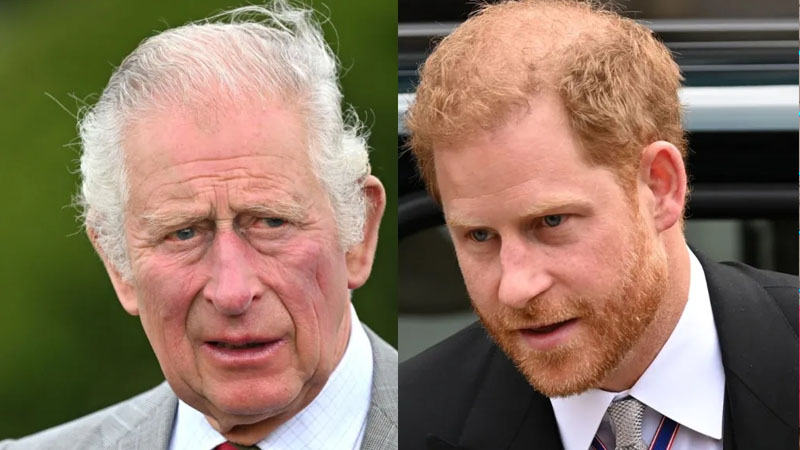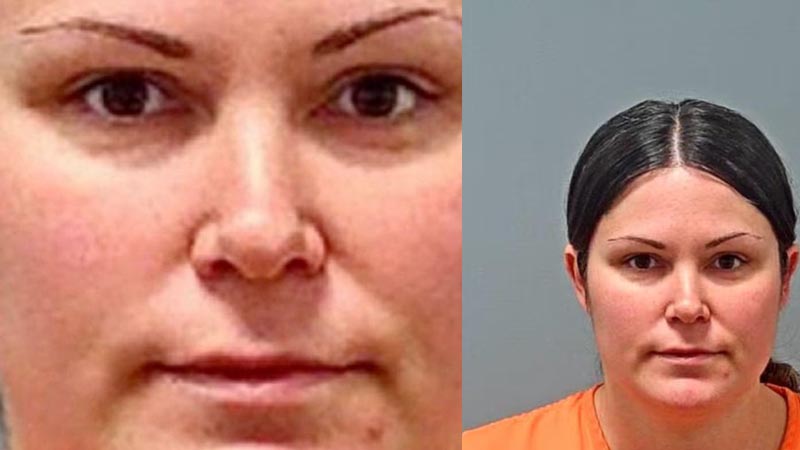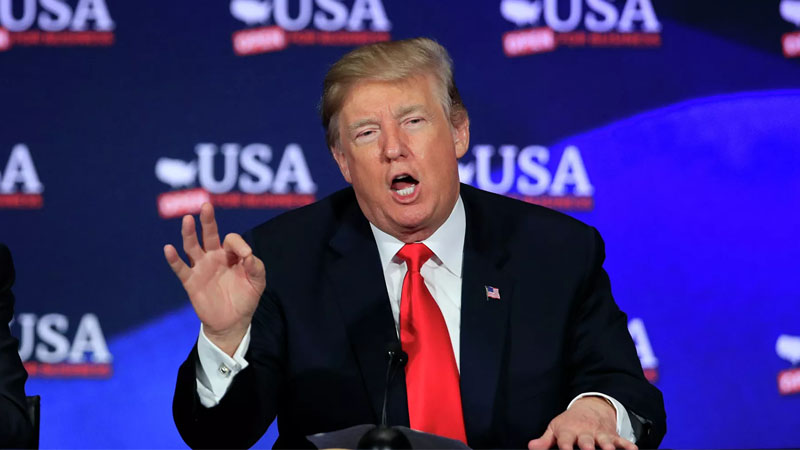King Charles left Harry in tears over Frogmore eviction: ‘He had no right to do it’

(MATTHEW HORWOOD – POOL/GETTY IMAGES, DANIEL LEAL – WPA POOL/GETTY IMAGES)
Prince Harry perceived his father King Charles’s request for him to leave Frogmore Cottage as a harsh dismissal, according to observations from a royal expert. The Duke of Sussex was left “in tears” and “behaved like a spoiled brat” over the Frogmore eviction, which happened after Harry dropped his bombshell memoir, Spare last year.
The incident, which has stirred considerable public and media interest, was discussed extensively by Tom Quinn, a commentator well-versed in royal affairs, during an interview with The Mirror. Quinn criticized Prince Harry’s reaction to the situation, suggesting that the Duke of Sussex displayed traits akin to those of a “spoiled brat” and appeared to adopt a narrative in which he saw himself as an “eternal victim.” This perspective, as put forth by Quinn, highlights a complex dynamic within the royal family, particularly between Prince Harry and his father, now King Charles III.
“Harry was absolutely furious and in tears about being evicted from Frogmore – he felt his father had no right to do it and that it was purely vindictive,” Quinn spoke of Harry’s reaction. He said the Duke “couldn’t see that choosing to stop being a working royal would inevitably mean being deprived of his royal residence”.
“Harry took it as a cruel rejection – a painful reminder of all that he felt when his father fought with his mother during their long drawn-out, painful divorce. “Whenever Charles puts his foot down, it seems unfair to Harry who feels that after everything that has happened to him, he should always get whatever he wants whether that be security paid for by the British taxpayer or a luxurious UK home.”
Before concluding, the expert added, “For many Harry is just a poor little rich kid behaving like a spoiled brat, but Harry sees himself as the eternal victim.” The request to vacate Frogmore Cottage came as a significant blow to Prince Harry, who has had a history of sensitive interactions with the royal family. Frogmore Cottage had been a UK residence for him and his family, symbolizing a personal and private sanctuary within the bounds of royal estates.
The cottage, deeply entwined with his recent personal history, including his marriage and the early years of his children, represented more than just a home. It was a piece of his life in the UK that remained constant amid many changes. The implications of being asked to leave such a symbolic residence did not sit well with Prince Harry, as expressed by Quinn.
This incident is seen not just as a simple request but as a deeper reflection of the ongoing tensions that have marred relations between Prince Harry and the senior members of the royal family since his decision to step back from full-time royal duties and move to the United States with his wife, Meghan Markle.
These tensions have been public and painful, with both sides expressing their grievances through various public statements and interviews. For Prince Harry, the request to leave Frogmore Cottage might have felt like another chapter in what he perceives as a series of rejections and misunderstandings by his family, exacerbated by the global attention that follows his every move.
Quinn’s remarks add another layer to the ongoing narrative of a royal family grappling with internal conflict and the challenges of balancing public duties with personal autonomy. The characterization of Prince Harry as someone who views himself through a lens of victimhood invites further scrutiny of how he and the royal family manage their complex relationships in the public eye.
This incident and the commentary from Tom Quinn highlight the continued public fascination with the British royal family’s personal dynamics, showcasing how every action and reaction within the family can carry significant emotional and symbolic weight.


